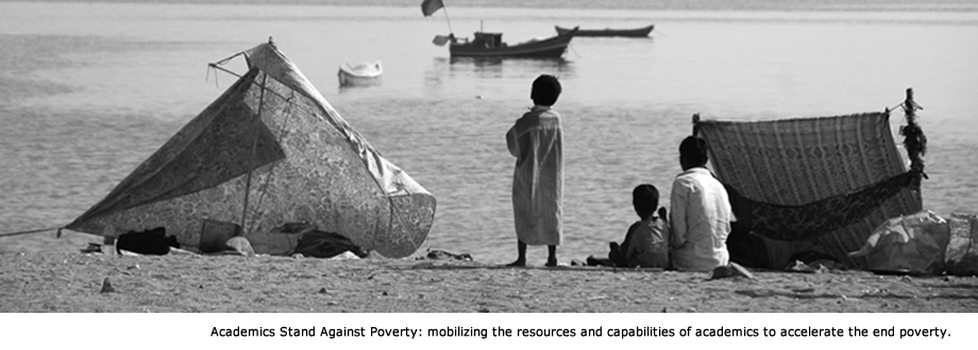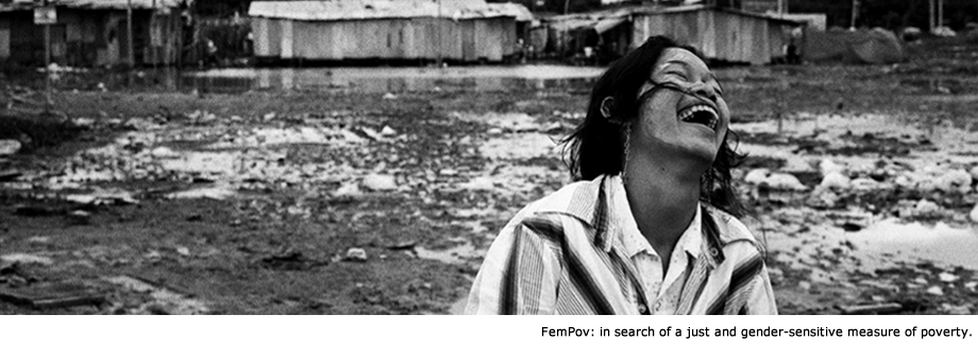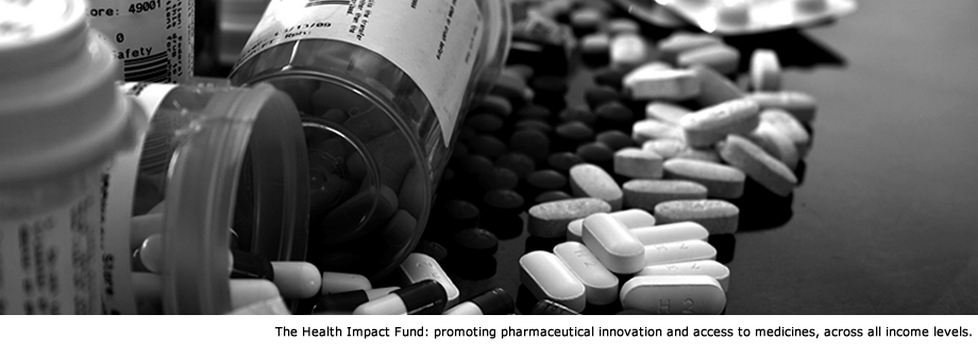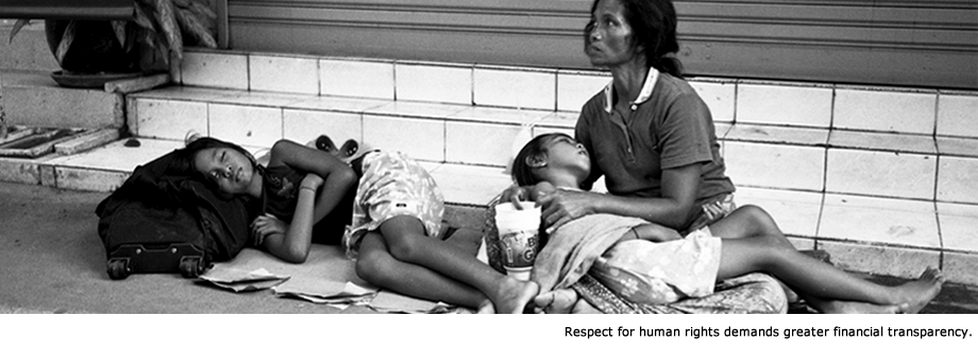Led by Professor Thomas Pogge, the Global Justice Program at Yale is an interdisciplinary group that works on assessment and reform of global institutional arrangements. For more information about the Program, people working in and affiliated with it, and the Projects that our fellows and affiliates are engaged in, please use the links above and below.
*
Journal ASAP Special Issue Indian Perspectives on Environmental Justice
Journal ASAP Special Issue Toward Food Security in Africa, completed.
ASAP Awards, next deadline is 31 July 2026.
ASAP Fellowship Program, deadline for 2026 has passed.
Academics Stand Against Poverty (ASAP) with latest newsletter
Ambedkar Grants for Advancing Poverty Eradication (AGAPE), rolling deadline.
Amartya Sen Essay Prize Competition | Illicit Financial Flows, deadline 31 August 2026.
Nelson Mandela Essay Prize Competition for young African scholars, deadline 14 June 2026.
A globally universal school meals program
Teachers Against Poverty with its Instagram presence
Pro-Poor Mountain Tourism anthology (Routledge)
A Human-Centered Approach to Health Innovations (Cambridge U.P.)
Incentives for Global Health (IGH) | Health Impact Fund (HIF)
The Ecological Impact Fund (EIF) initiative
The Oslo Principles on Global Climate Change Obligations with a brief video explainer
The Individual Deprivation Measure (IDM)
Thomas Pogge and his recent conversation with Wang Zheng (Karl), Xue Yuan Pai Academia and Thinkers Forum.
*
New book on economic sanctions, edited by Global Justice Fellow Joy Gordon.
*
Inaugural Nelson Mandela Essay Prize Competition for Young African Scholars 2025
Administered jointly with the University of Zambia and the University of Lusaka, this call has produced 87 qualifying (+ 7 disqualified) essays from many African countries.
First Prize ($2,500) went to Evaida Chimedza (Copperbelt University) for “The African Paradox: A Land of Wealth, a People in Need.”
Second Prize ($1,250) went to Grace Gondwe (The Duke of Edinburgh’s International Award Foundation) for “Exploring the Use of Non-Formal Education as a Pathway to Greater Civic Engagement Among African Youth.”
Third Prizes ($625 each) went to Nater Akpen (Benue State University) for “Resolving the Farmer-Herder Crisis in Nigeria’s Central Zone: the Contribution of Trade and Gender Inclusion” and to Clautrida Mutabaruka (University of Lusaka) for “Redefining Youth Power: Transforming Mindsets, Integrating Indigenous Peacebuilding Techniques, and Addressing Youth-Driven Violence.”
Alongside the four winners, seven other finalists received honorable mention, sharing in the opportunity to develop their essays for publication in Journal ASAP: Vernon Mboozi (Technische Universität Dresden) for “Nature-Backed Finance: Unlocking Africa’s Natural Capital for Sustainable Economic Transformation”; Kenneth Okpomo (University of Nigeria) for “Developing Workable Strategies for Stemming the Growing Tide of Forced Migration and Statelessness in Africa”; Ali Khatau, MD (Liverpool John Moores University) for “The Rising Burden of Non-Communicable Diseases in Africa: Challenges, Drivers, and Pathways to Solutions”; Newton Okwuoha (University of Pretoria) for “Innovative Governance for a Resilient Africa: A Blueprint for Global Leadership”; Grace Ilota (Zambia Centre for Accountancy Studies) for “Assessing the Effects of Charcoal Production on Climate Change: Implications on Climate Financing in Zambia”; Immanuel Mwendwa Kiilu & Guy N’nahano Muhanzi (Strathmore University) for ”The Scramble for Belonging: Forced Migration and the Redrawing of Africa’s Map”; and Carly Burmeister (University of Cape Town) for “Strengthening African Healthcare Systems: Lessons from Cervical Cancer for Local Innovation, Digital Solutions, Holistic Healthcare, and Sustainable Investment.”
VIDEO MANDELA ESSAY COMPETITION AWARD GIVING CEREMONY
*
The Ecological Impact Fund
An extended argument for this proposal won a GBP 20,000 policy innovation prize from the London-based Office of Home Economics. The proposal has also been presented in India and Germany as well as in the run-up to this year’s deliberations at the COP (Brazil) and the G20 (South Africa). See also the backgrounder “Ecological Degradation” and the comprehensive project page.
*
A Globally Universal School Meals Program
Wherever healthy food is lacking, each child should have a full, healthy meal, locally sourced, on every school day. Any lower-income country willing to initiate, enhance, or expand a domestic school meals scheme should receive need-based financial support funded by capacity-based contributions from higher-income countries. With advocacy in India, Germany, and internationally, we are pushing this proposal at the G20 and elsewhere. If all OECD countries contributed, the program would cost them about $20 per citizen per year or 5 cents per day. China’s contribution would lower this cost. The program would substantially improve the abysmal record of the Sustainable Development Goals: by eradicating poverty (goal 1) and hunger (goal 2), by promoting health (goal 3), education (goal 4) and access to decent work (goal 8), it would reduce social and economic inequalities (goal 10), promote responsible consumption and production (goal 12), and create fairer, more inclusive societies (goal 16) through an international partnership (goal 17) in which experiences are shared and reliable needs-based support is available to all lower-income countries to enable and incentivize their participation.
*
Amartya Sen Essay Prize Competition
Administered jointly with Global Financial Integrity and Academics Stand Against Poverty, the 2025 twelfth Amartya Sen Essay Prize Competition has produced four winning essays:
First Prize ($3,000). Ekoja Solomon: “Deep Dive into Livestock Rustling: The Improvised Oil Well Fueling Under-Development, Animal Abuse and Terrorism in Nigeria and the Lake Chad Basin.”
Second Prize ($2,500). Aremu Ololade Mustafa: “Old Ghost, New Shadows: Resource Curse Dynamics and the Growing Illicit Flows in Africa’s Carbon Market.”
Second Prize ($2,500). Wasima Khan: “Ancient Riches, Modern Crimes: Illicit Financial Flows in Today’s Global Art Market.”
Honorable mention. God’sWill Dickson: “A Penny for One’s Thoughts About the Future: Decentralized Prediction Markets and its Architectural Risks of Illicit Financial Flows.”
*
ASAP Awards (next nominations deadline 31 July 2026)
Academics Stand Against Poverty, in partnership with the Journal ASAP and the Yale University Global Justice Program, is conferring three annual awards for scholarly works on poverty.
CLICK to meet the winners of the 2024/25 round.
The nomination deadline for the 2025/26 round is 31 July 2026. You can nominate for
an ASAP Lifetime Achievement Award for constructive work related to poverty.
an ASAP Book of the Year Award for the best book on a poverty-related subject, published in 2025 and written by a single author or group of authors.
an ASAP Book of the Year Award for the best collection of poverty-related essays by different authors published in 2025.
Eligible work may contribute to the definition, description, explanation, assessment or eradication of poverty and attend to any of the special challenges poor people face in regard to nutrition, water, shelter, health and health care, sanitation, clothing and personal care, energy, education, social and political participation and respect, physical safety, family planning, environmental degradations and hazards, working conditions in employment and at home, navigating governmental agencies and the legal system, banking and credit, travel and transportation, and communications.
To send a nomination or for any questions or comments, contact Michal Apollo at editor@journalasap.org
*
Including the African Union in the enlarged G21
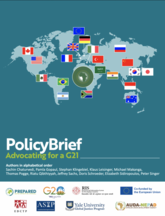
We have worked for eight months within the T20 toward this enlargement of G20 to G21—alongside Doris Schroeder, Jeffrey Sachs, Peter Singer and especially Yale Global Justice Fellow Sachin Chaturvedi who, as Director General of RIS (a think tank within India’s Ministry of External Affairs) plays a key role in India’s chairing of the G20 and T20 proceedings.
G21 membership is a great opportunity for Africa and the African Union (AU). But this opportunity will be realized only insofar as Africa can overcome its key weakness of disunity, can come to present the needs and interests of Africans with one strong and united voice. G21 membership provides a powerful incentive in this direction; it is a chance to transform the AU as much as it is a chance to transform the G20.
Africans are most affected by global warming and by the grave injustices in the world economy and global governance. In 2015, the world’s governments announced the Sustainable Development Goals — with principal goals #1: End poverty in all its forms everywhere and #2: End hunger, achieve food security and improved nutrition and promote sustainable agriculture. At that time, 545 million Africans were counted as food-insecure. Since then, this number has risen every single year, reaching 868 million in 2022, a 59% increase. If this trend persists, we will have more than a billion food-insecure Africans in 2030 rather than zero as solemnly promised. Every one child going hungry despite her parents’ best efforts shames us all.
*
Transforming the United Nations
A nation is much more than its government. So the United Nations should be more than a negotiation platform for governments. We propose that the UN General Assembly—in coordination with the UN’s upcoming 2024 ‘Summit of the Future’—create a UN Parliamentary Assembly (UNPA) and the instrument of a UN World Citizens’ Initiative. The UNPA would allow elected representatives of UN member states to deliberate on and be involved in UN affairs. While considering the concerns of their local constituencies and giving them a voice at the UN, these representatives should be called upon to promote the interests of humanity rather than those of any particular nation or community. To encourage this mindset, the UNPA’s work should be based politically and procedurally on transnational groups established by its members according to shared viewpoints. This would transcend and complement the intergovernmental character of other UN bodies based on geopolitical regional groupings. The instrument of a UN World Citizens’ Initiative would provide individuals with a formal mechanism to influence, if certain conditions are met, the agenda and decision-making of the UNGA, the UN Security Council and indeed a UNPA (if established). For details, see https://www.orfonline.org/research/enhancing-the-legitimacy-of-multilateralism-two-innovative-proposals-for-the-un/
*
The Ubuntu Health Impact Fund Pilot
Massive reductions in the global disease burden are possible by better aligning the rewards for developing and delivering pharmaceuticals with their impact on health. It is for this purpose that we have proposed the establishment of a Health Impact Fund that would give pharmaceutical innovators the option to exchange some of their monopoly privileges for impact rewards proportionate to the health gains achieved through their innovations. This approach can be tested and refined through a pilot in Africa which would demonstrate the feasibility of health impact assessments, the willingness of pharmaceutical firms to be paid for performance, and the cost-effectiveness of the impact fund approach. This proposed Ubuntu Health Impact Fund (UHIF) pilot would reward pre-selected pharmaceutical firms that are willing to inaugurate the manufacture of a specific pharmaceutical in Africa and to sell it in a self-chosen African region at or below the globally lowest commercial price for this product. The UHIF would reward such efforts by dividing a fixed pool of reward money among the participating firms according to the health gains generated through their respective products in their target areas over a three-year period. Here, health benefits would include externalities such as third-party health benefits to persons whose risk of infection is reduced. For details see https://www.orfonline.org/research/the-ubuntu-health-impact-fund/
